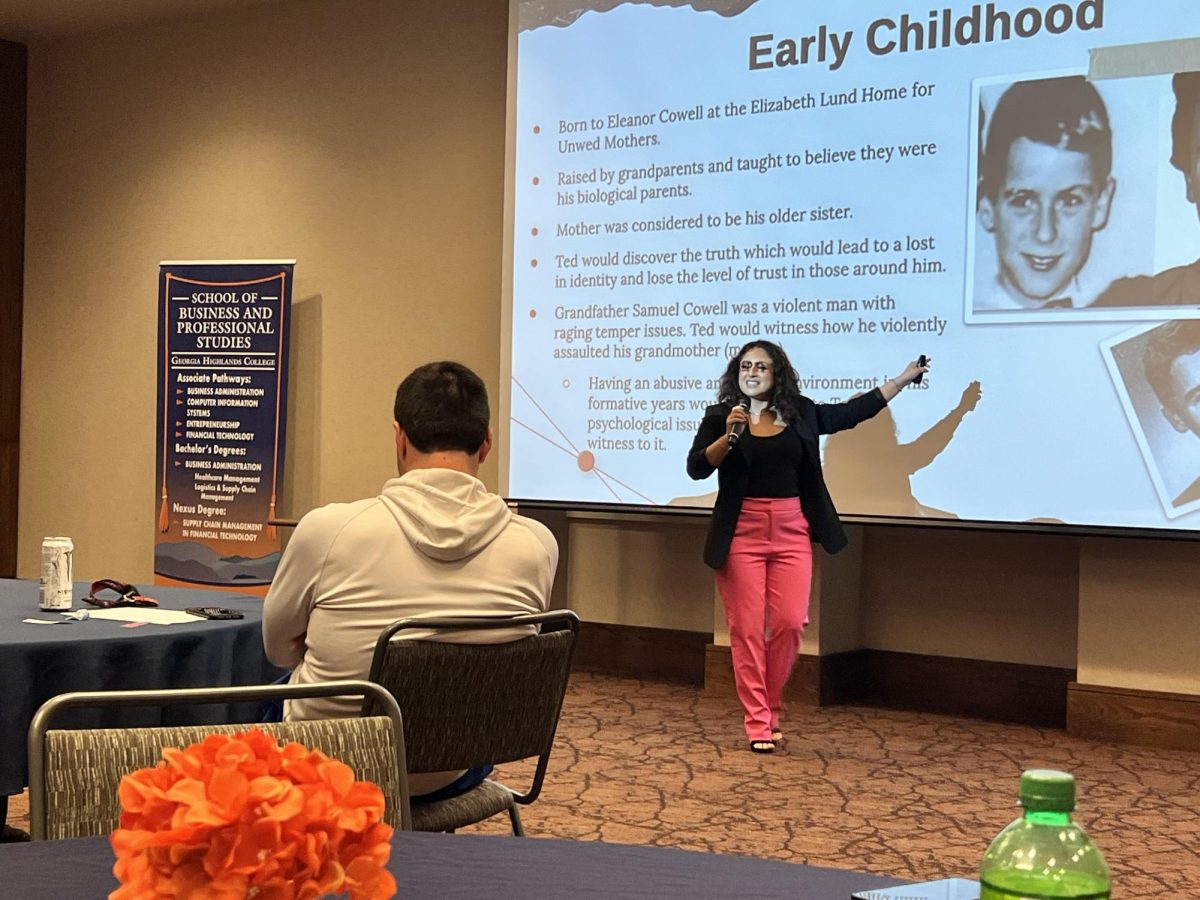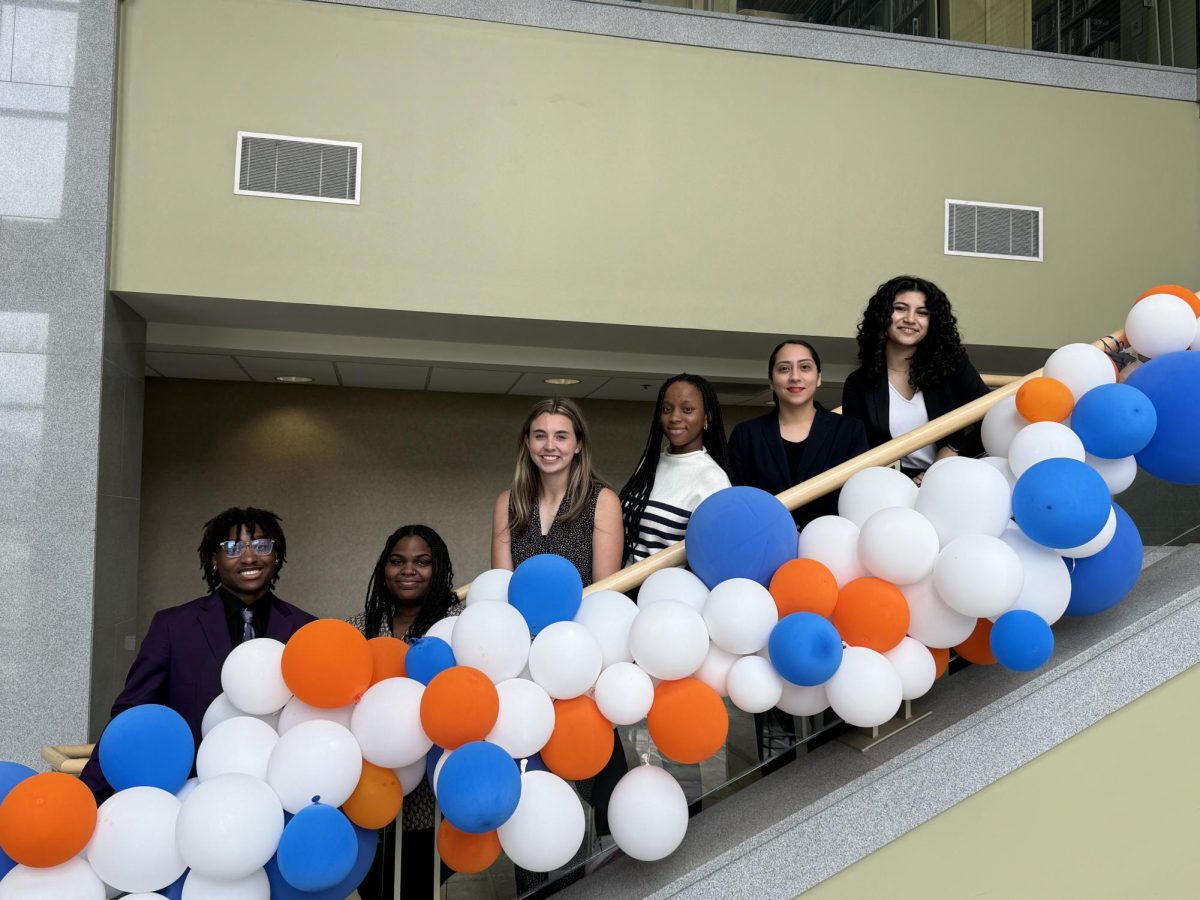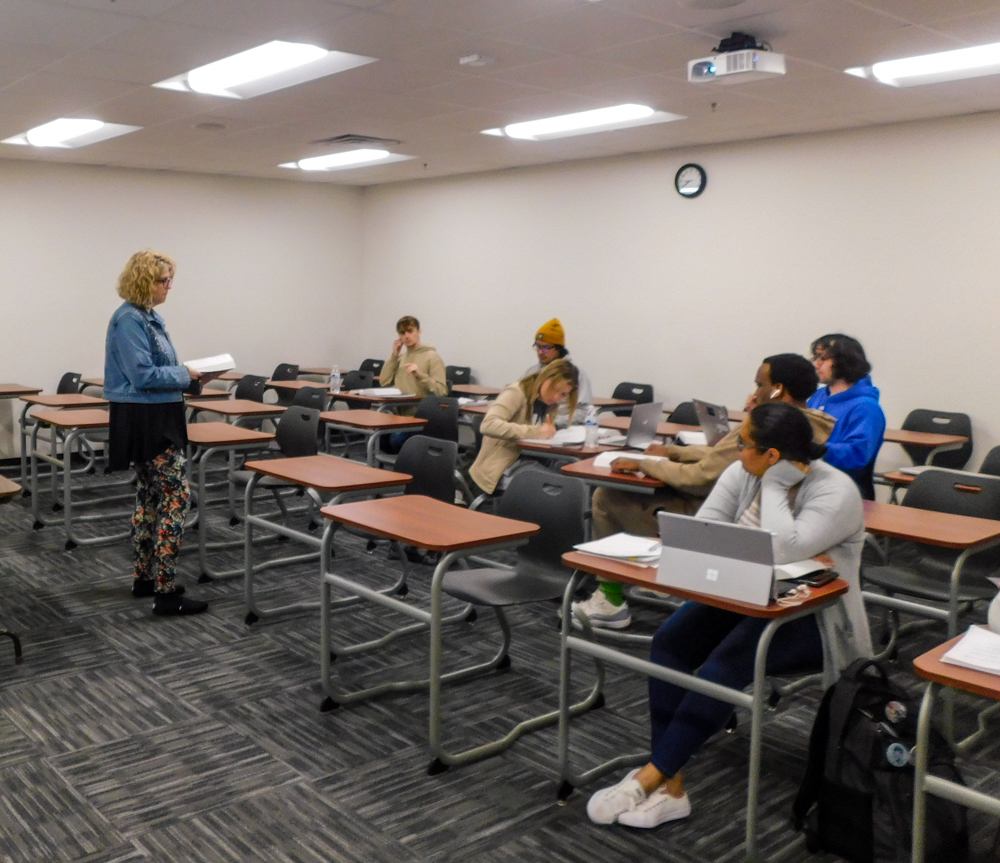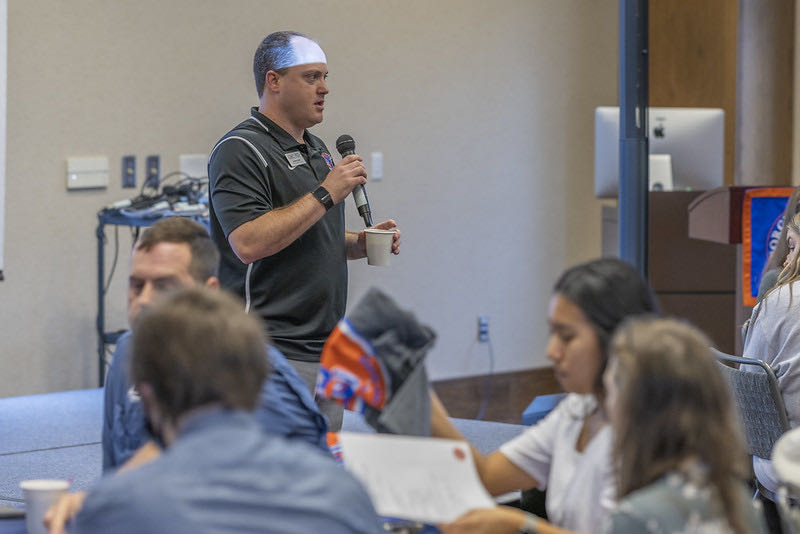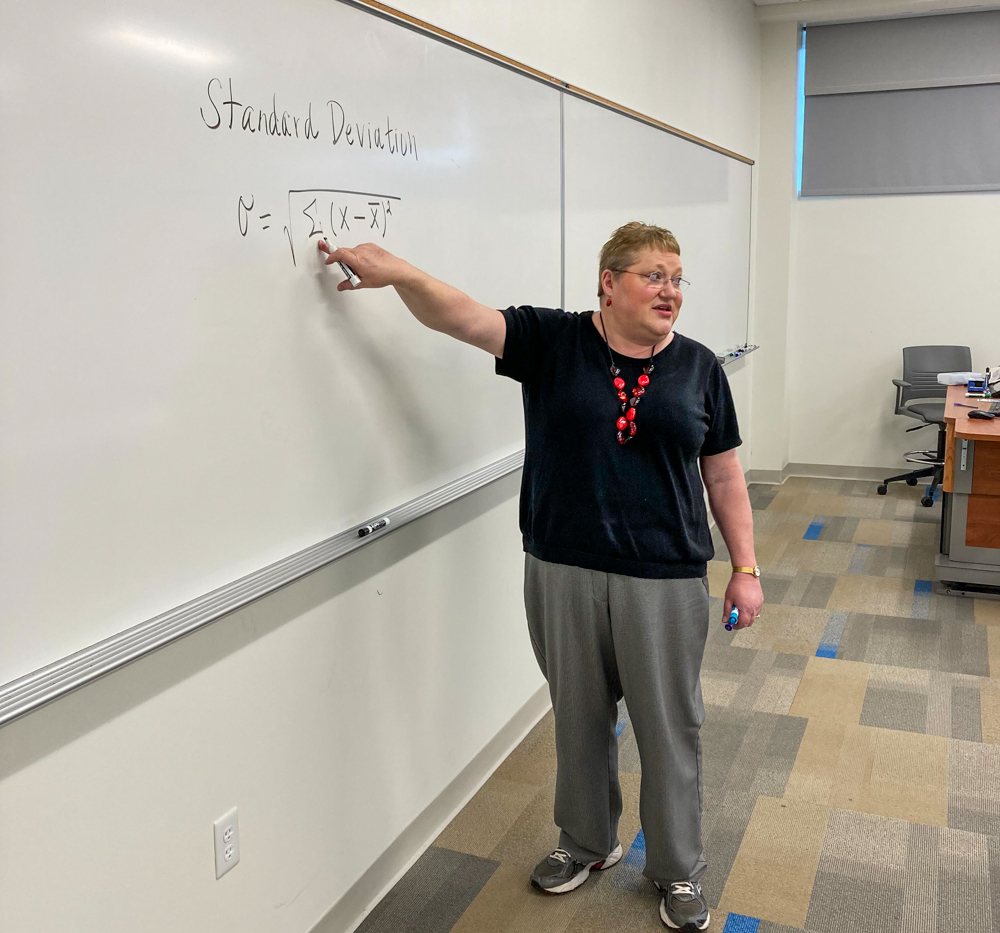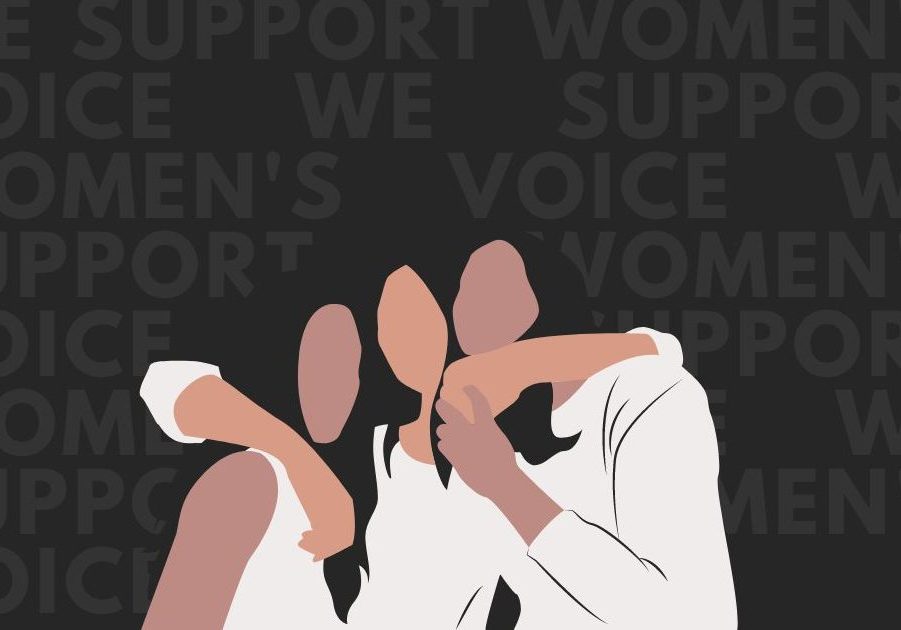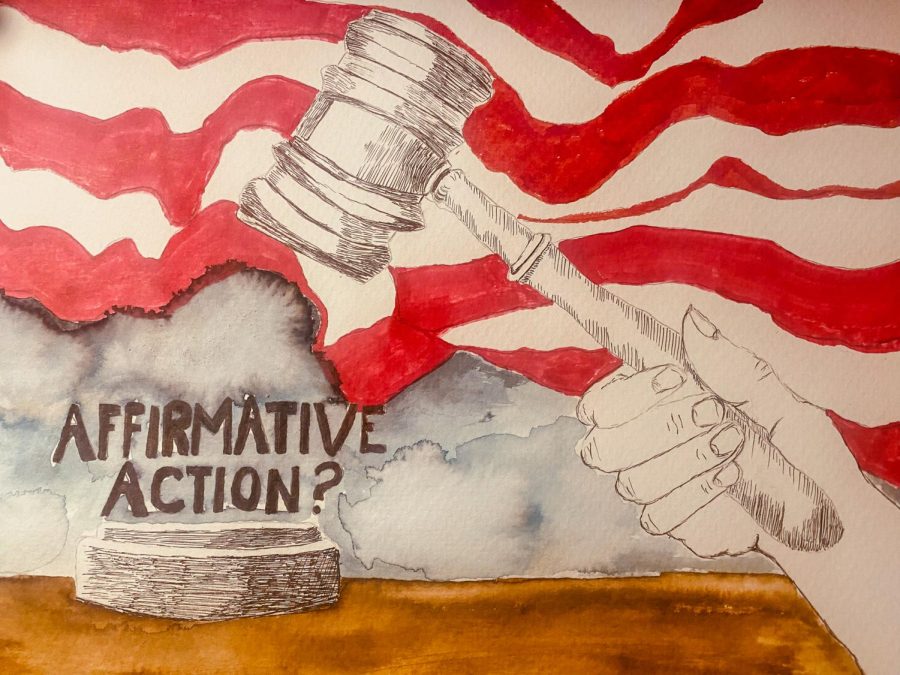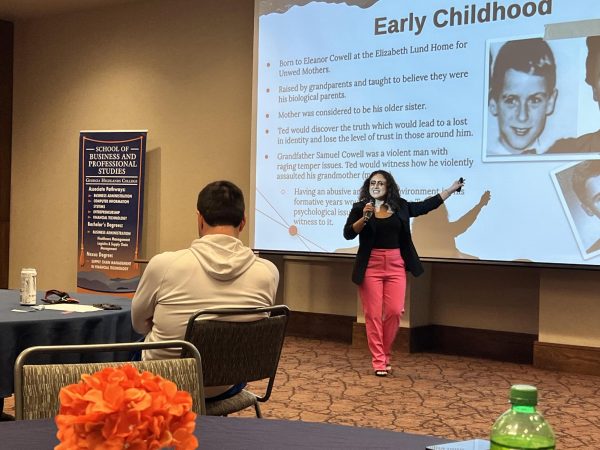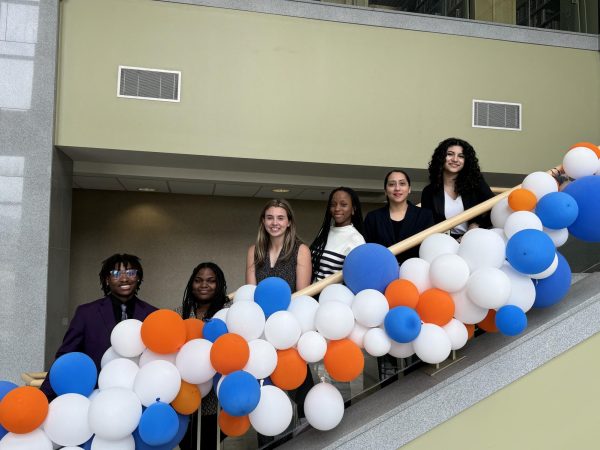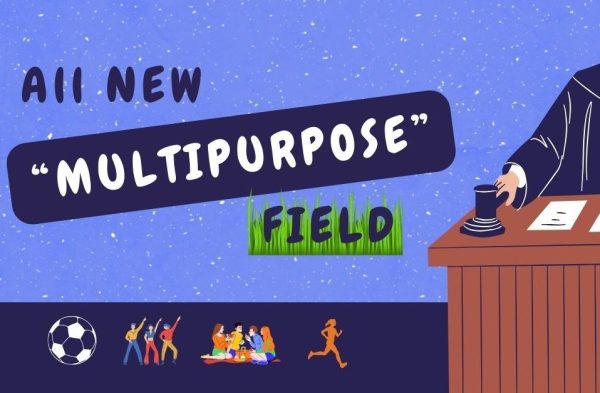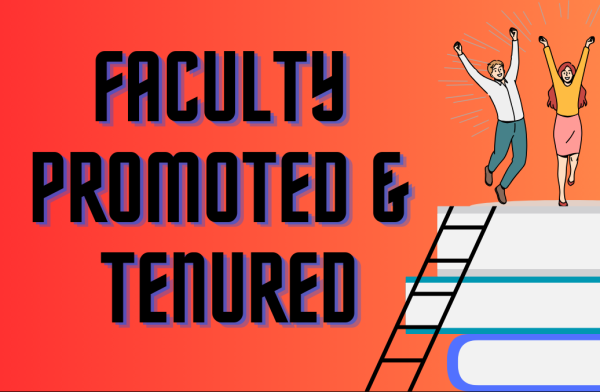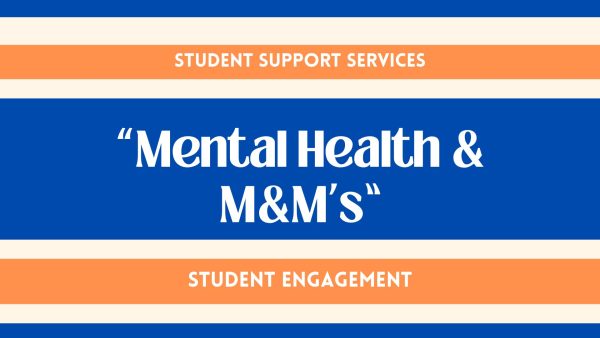Race-conscious affirmative action could end this summer
Race-conscious affirmative action is on the SCOTUS chopping block for this summer. Academic institutions could struggle to enroll a diverse student body if it ends.
February 28, 2023
On Jan. 24, 2022, the Supreme Court accepted affirmative action lawsuit cases filed by Students for Fair Admissions, a non-profit, anti-affirmative action group founded by Edward Blum, a legal strategist.
The two lawsuits are against Harvard and the University of North Carolina – Chapel Hill, accusing them of discriminating against Asian-American applicants and giving unfair preference to Black and Hispanic applicants. UNC is also accused of discriminating against white applicants.
The plaintiffs claim that race-conscious affirmative action violates Title VI and the Equal Protection Clause under the Fourteenth Amendment.
On Oct. 31, 2022, SCOTUS heard oral arguments for these lawsuits concerning the race-conscious admission process under affirmative action. SCOTUS is poised to strike down the measure this summer after they left the hearing with a 6-3 majority. This would reverse the 2003 Grutter v. Bollinger decision.
Affirmative action has existed since the 19th century, and thus, has a lot of history and gradual change within the law and court system.
What is affirmative action?
According to Cornell Law School, affirmative action is “a set of procedures designed to; eliminate unlawful discrimination among applicants, remedy the results of such prior discrimination and prevent such discrimination in the future. Applicants may be seeking admission to an educational program or looking for professional employment.”
Affirmative action met its current form in 1961 when Former President John F. Kennedy issued Executive Order 10925, which prevents academic institutions and businesses from discriminating against people based on “race, color or national origin,” at the very least.
Affirmative action has since been expanded throughout the years to include more measures for minorities, women, disabled individuals and disadvantaged individuals. The American Association for Access, Equity and Diversity (AAAED) has compiled a list of all affirmative action policies throughout history.
What happens if race-conscious affirmative action is overturned?
“I think, unfortunately, minorities would suffer,” Director of GHAME and Brother2Brother, Evan Snelling, said. “I think institutions would use it as a loophole to limit minority enrollment.”
According to EdSource, California citizens voted in majority to approve Proposition 209 in 1996, which barred public universities from taking race into admission consideration. The university system has since struggled to admit “a racially diverse student body that is representative of California’s population.”
Private institutions are still allowed to take race into account for college admissions, but EdSource said in another article that California serves as a warning for what is to come if race-conscious affirmative action is overturned at the federal level.
“I think a lot of times, no matter what you’re dealing with, people tend to select or hire or engage with people who they feel comfortable with,” Snelling said. “If you see a name on an application that you’re unfamiliar with the spelling, or you can’t pronounce the name as the way it’s written; I think it would be silly to think that that doesn’t impact your decision on that applicant.”
There are also concerns that overturning race-conscious affirmative action at the federal level could lead to a slippery slope. Snelling said that he is concerned it will set a precedent and opponents of the measure will continue to take it further if they are successful at barring it in academia.
How would it affect Georgia college students?
Project Director of Inclusion and Equity and former Dean of Humanities, Dr. Jon Hershey, said that it should not affect Georgia because the USG does not currently rely on race-conscious affirmative action for college enrollment.
In an article by the Atlanta-Journal Constitution, the USG said, ‘“At all 26 USG institutions, race or ethnicity is not a determining factor in admissions.”’ Race-conscious affirmative action was struck down in 2000 after three white women filed a lawsuit against the University of Georgia after they were denied admission, claiming the policy was discriminatory.
In addition, the article states that non-white enrollment at UGA has increased to nearly 50% from the ruling in 2000 to fall 2017.
Dr. Hershey said that GHC is an access college that is “wide open for all students.” It admits students based on high school GPAs and Accuplacer tests.
“It should not impact our enrollment because… we’re not using any quotas or affirmative action requirements to impact who we accept. And I know that we will continue to reach out to students of all communities, all backgrounds, all races, cultures, which we always have,” Dr. Hershey said.
“I know Georgia Highlands being an access college and having programs, and there’s a lot of different programs,” Snelling said. “I think it really helps students and I think school should be about helping students enroll, retain, graduate, despite their background.”
Colleges will continue to strive for diversity
Race-conscious affirmative action has allowed university systems to admit a diverse student body that reflects the population, but SCOTUS may put an end to that depending on their decision this summer.
“I wish there was a lot more knowledge done on affirmative action. And I wish that people making the decision in Georgia would have conversations with people who really spent their life’s work dedicated to researching how these practices impact people, as opposed to trying to gain either personal or political power,” Snelling said.
Dr. Hershey said that diversity is something colleges try to achieve because it’s an aspect of education crucial in current society because “there are so many people of all backgrounds and cultures” in every industry and community. “…even businesses nearby are connected to countries around the world.”
Colleges and universities will continue to strive for diversity in the student body no matter the outcome of the SCOTUS decision.



